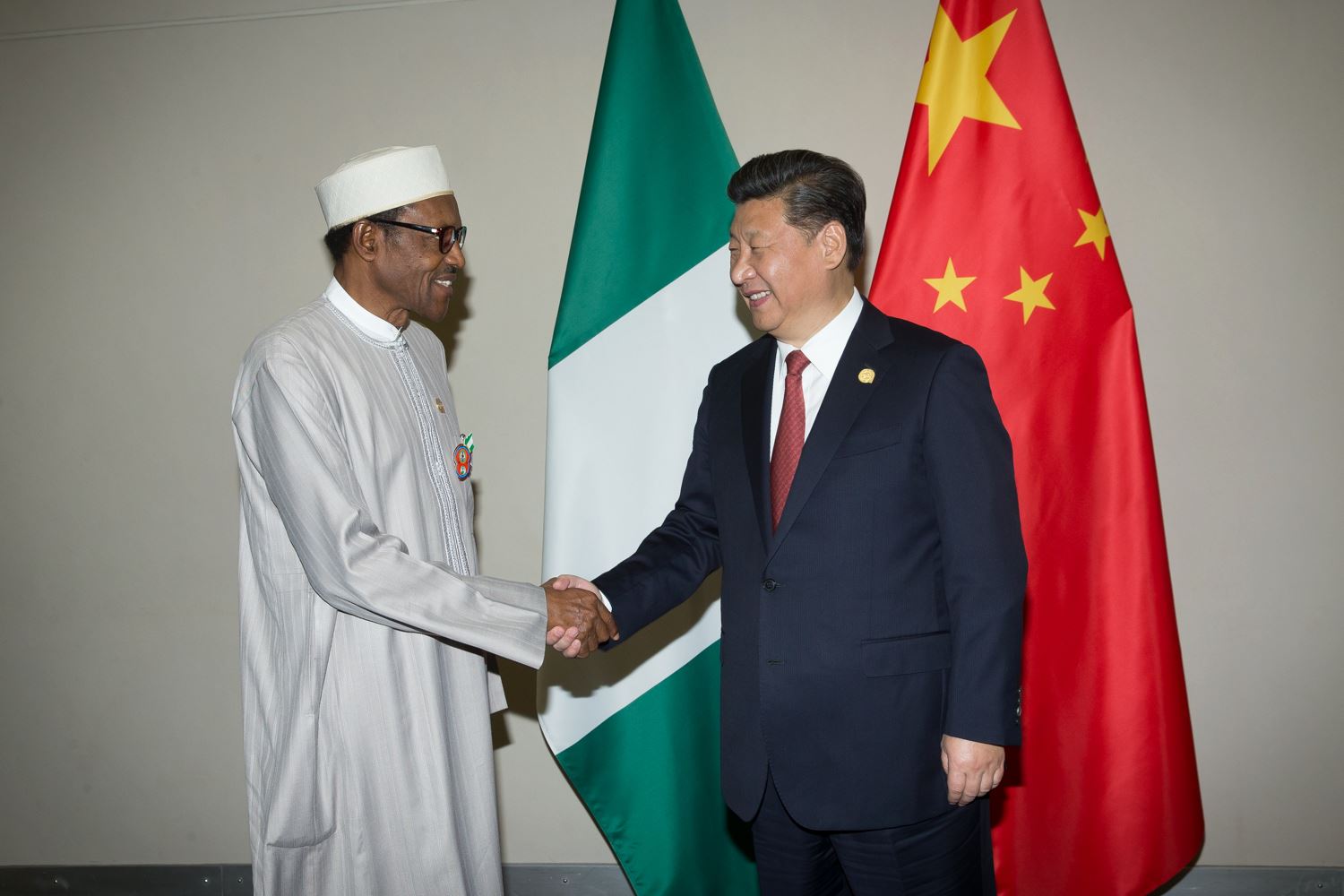- China to US: Your Claims on Our Loans to Africa Ridiculous
China yesterday described as ridiculous the United States advice to African governments to be wary of Chinese loans, saying that such loans are already visible and speaking for itself.
It also emerged yesterday that due to the unorganised nature of gemstone business in Nigeria, the country contributes about 10 per cent of about $12 billion revenue generated annually by Thailand from gemstone.
The U.S. Secretary of State, Rex Tillerson, on his first diplomatic trip to the continent, said on Thursday that African countries should be careful not to forfeit their sovereignty when they accept loans from China.
Tillerson also said that Chinese investments “do not bring significant job locally” and criticised how Beijing structured loans to African government.
But the Economic and Commercial Counselor at the Embassy of the Peoples Republic of China, Zhao Linxiang, bitterly criticised the United States at a news briefing in Abuja, citing the Lagos – Ibadan rail line and the Mambila Dam projects among the visible projects engaged with Chinese loan facility.
Linxiang said Chinese loans to Africa were aimed at implementing major China-Africa cooperation projects and promoting sustainable development in the continent.
“African people should know the role the Chinese loans play in your economy; that is the most important thing.
“Except the Chinese Government, which other government provides loans to African countries without critical conditions. No Western country.
“How can they say they suspect Chinese loans; it is ridiculous. Without funds how can you develop a country?”
He disclosed that China was able to turn around her economy when she opened her doors to the world and accepted loans from other countries.
The envoy who noted that the China-Africa relations allowed for win-win benefits for both parties, added that as part of deepening relationship with Africa, it has planned an international expo for November, aimed at addressing balance in trade between China and her major partners.
China’s bilateral trade with Nigeria, from Jan. to Nov. 2017, stood at $12.3bn with more Chinese exports to Nigeria.
He said the “Expo Nigeria” would be an opportunity for the country to expand her exports to and share business opportunities with China and other participating countries.
“It is believed that this upcoming China International Import Expo will breathe new life into the bilateral trade cooperation and create the biggest opportunity to enhance the bilateral trade position to a new level.
“It is believed that this expo will give the Nigerian people and businessmen a great platform to show what Nigeria looks like to China and the rest of the world.”
He added that the Chinese Economic Office in Lagos was collaborating with the Lagos Chamber of Commerce to assist businesses interested in participating in the event.
Zhao said that China had invited eight other African countries with which the country hoped to improve trade relations, adding that 100 countries were expected to participate at the import expo.
Nigeria Contributes 10% to Thailand’s $12bn Gemstone Market, Says ACCI
Meanwhile, it has emerged that due to the unorganised nature of gemstone business in Nigeria, the country contributes about 10 per cent of about $12 billion revenue generated annually by Thailand from gemstone.
This disclosure was made on Thursday by the President, Abuja Chamber of Commerce and Industry (ACCI), Prince Adetokunbo Kayode in his opening remark on the occasion of the First Annual General Meeting of the Gemstone Miners and Marketers Association of Nigeria (GMMAN) in Abuja.
Kayode tho was represented by the 2nd Deputy President of ACCI, Mr. Emeka Obegolu, said because of the vast deposit of solid mineral in the country, Nigeria should earn the maxim, “the land of gems”.
“This journey started sometimes in August 2016, after I visited the Gem and Jewelry fair in Bangkok, Thailand, at the invitation of the Thai Government. At a conference at that fair, it was pointed out that the gemstone industry in Thailand contributed about $12 billion annually to the GDP. Of that amount, about 10% of the gemstone were said to have come from Nigeria,” he said.
Quoting Kayode Fayemi, the Minister of Mines and Steel Development, Kayode put the average value of gemstone export from Nigeria at $3 billion dollars annually.
He said the global jewelry business will hit £150 billion by the year 2020, adding that China, India, United States, Hong Kong and Switzerland are major importers of gemstones.
He said: “With this high demand in the gemstone sector, Nigeria has the potential to grow her economy through the gemstone sector especially now that the country is returning to the path of sustainable development through the non-oil sector.


 Forex4 weeks ago
Forex4 weeks ago
 Naira3 weeks ago
Naira3 weeks ago
 Billionaire Watch3 weeks ago
Billionaire Watch3 weeks ago



 Naira3 weeks ago
Naira3 weeks ago






 Naira3 weeks ago
Naira3 weeks ago


 Naira2 weeks ago
Naira2 weeks ago






 Naira2 weeks ago
Naira2 weeks ago
 Commodities4 weeks ago
Commodities4 weeks ago





















